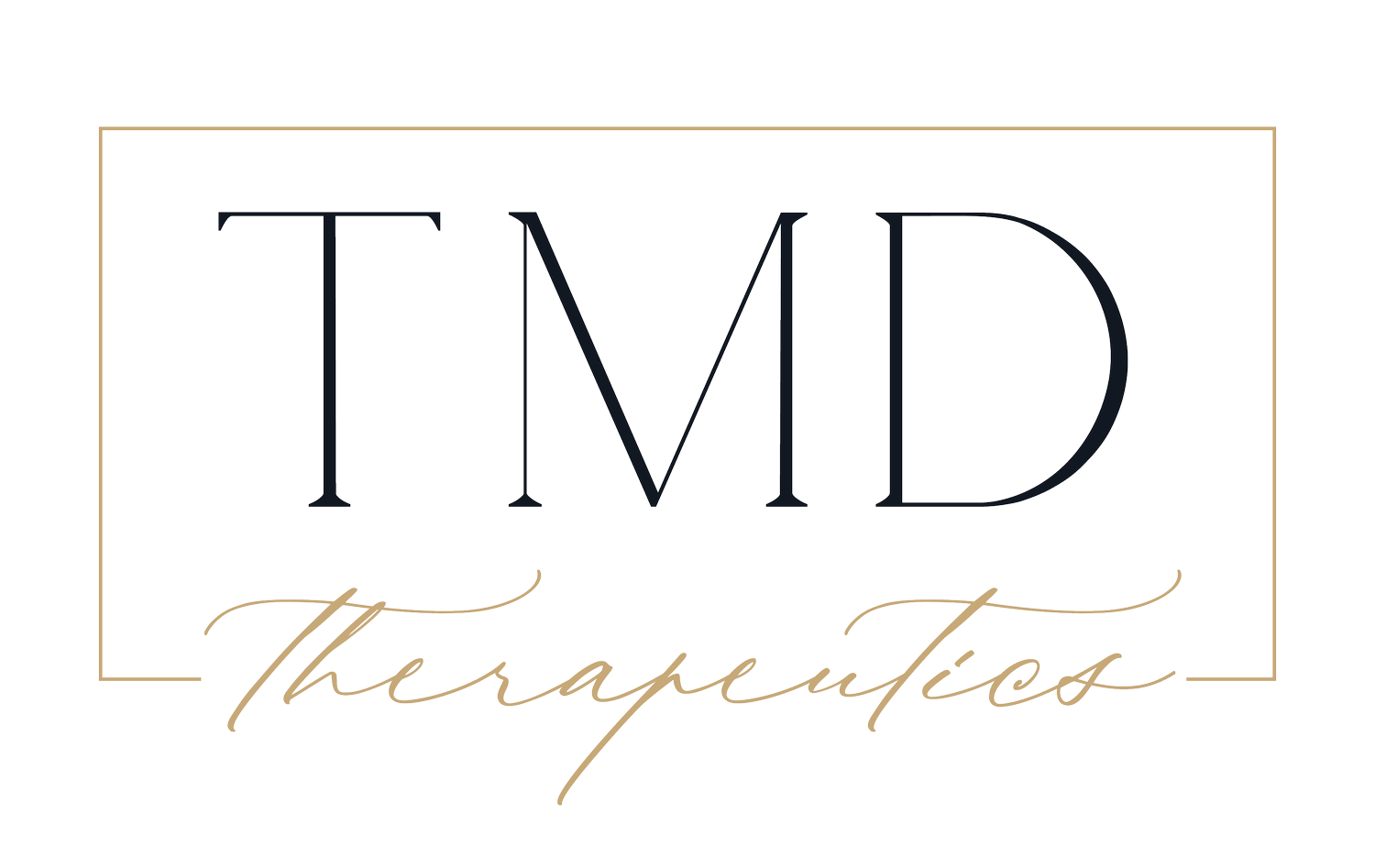
Focused on your care and well-being.
About TMD Therapeutics
We are proud to be Atlantic Canada’s largest TMD (temporomandibular disorders) clinic. Treating muscle pain, headaches, jaw joint and facial pain we use a non-surgical, diagnostically-driven therapy approach. Our ability to manage TMD and facial pain has led to a thriving clinic welcoming patients from all over the Maritimes. Patients come to our clinic through self-referral or referral from their primary dentist. Learn more about booking an appointment.
Our clinic has been built on integrity, respect, compassion, empathy, teamwork and loyalty. Our goal is to provide each person who walks through our doors with a safe, soothing reprieve from their daily lives. Our caring team of professionals is here to help improve your health and well-being.
What are the symptoms of TMD?
Your jaw is one of the most frequently used joints in your body. Without it, you would be unable to eat, talk or breathe, which is why TMD health is so important. Consider a visit to our clinic if you have any of the following symptoms:
Discomfort or pain sensation in your jaw joint
Pain and tenderness of the entire or focused area of your jaw
Aching around your ear
Headaches
Surrounding face and neck pain
Locked or restricted jaw
Swelling of your face
Clicking sound or a strange sensation while you are chewing
Trouble chewing or discomfort when chewing
Learn more about booking an appointment on our referrals page.
What are the causes of TMD?
There can be many causes of TMD (temporomandibular disorders), often involving treating the relationship between the upper and lower teeth to the TM joints and supporting ligaments and associated musculature. Just as nutrition affects teeth and joints, other contributing factors may include:
Trauma: Direct and indirect trauma to the masticatory structures and upper teeth can lead to TMD, head, neck and facial pain. Strains, sprains and injuries can lead to both pain and dysfunction.
Improper occlusion: When teeth do not fit together properly, it causes sustained joint microtrauma. When this condition is prolonged, the body begins to compensate by involving muscles in other areas, such as the neck, throat and upper back.
Muscle hyperactivity: This goes hand in hand with internal jaw joint problems. Any condition that prevents the complex system of muscles, bones and joints from working together in harmony can contribute to TMD. Various ways this system can be disrupted can include trauma, connective tissue disorders, arthritis or skeletal malformation
Posture: Poor posture places unnecessary wear and tear on all the joints, including the jaw joints. Over time, the consequences of postural neglect can be as damaging as an injury.
Stress: Increased physical and emotional stress is another factor that impacts patients as it reduces the adaptive capabilities of the jaw. Some patients unconsciously clench their teeth in response to increased stress. Chronic clenching and bruxing create strain on the TM joints and muscles, which can exacerbate TMD problems.
At TMD Therapeutics, we recognize the emotional and physical toll that TMD has on a person. Our team of empathetic clinicians are here to help you regain your well-being. If you are experiencing one or a number of these symptoms, you may be a potential patient for our clinic. Please learn more about booking an appointment on our referrals page.
